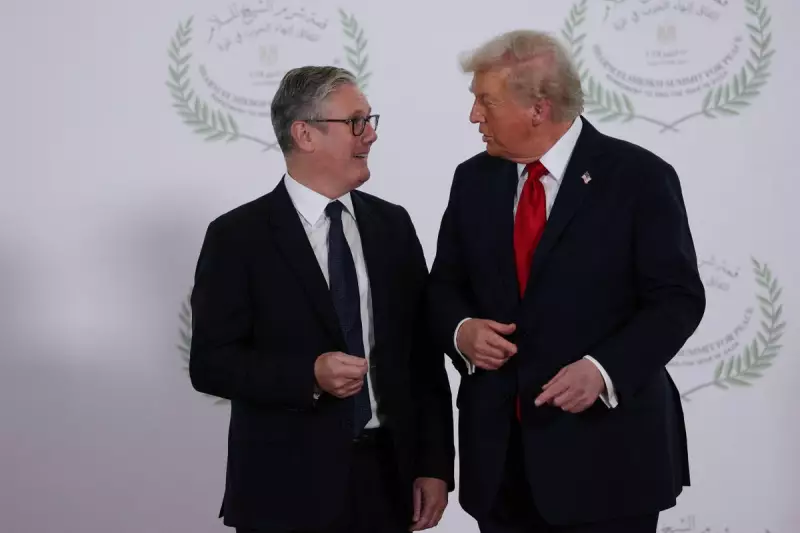
Sir Keir Starmer finds himself navigating treacherous political waters as his stance on the Gaza conflict draws uncomfortable parallels with Tony Blair's controversial foreign policy legacy. The Labour leader's position has sparked internal party turmoil during critical international negotiations.
Summit Showdown in Egypt
During the COP27 climate summit in Sharm el-Sheikh, Starmer engaged in what observers described as a "tense and difficult" conversation with the Egyptian president regarding the escalating Gaza crisis. The encounter highlighted the delicate balancing act facing the opposition leader as he attempts to maintain party unity while addressing one of the most divisive international conflicts in recent memory.
Labour's Internal Earthquake
The political fallout has been immediate and severe within Labour ranks:
- More than 250 councillors have signed an open letter demanding Starmer back an immediate ceasefire
- Shadow ministers are reportedly considering their positions over the leadership's current stance
- Several frontbenchers have already broken ranks to call for cessation of hostilities
Blair's Long Shadow
The situation evokes memories of Tony Blair's premiership, particularly his close alignment with US foreign policy in the Middle East. Starmer's critics within the party point to what they see as troubling echoes of New Labour's approach to international conflicts, raising questions about how much has genuinely changed within the party's foreign policy doctrine.
Diplomatic Tightrope
While supporting Israel's right to self-defence against Hamas attacks, Starmer has called for adherence to international law and expressed concern about the humanitarian situation in Gaza. However, his refusal to back an immediate ceasefire has created a significant rift with many traditional Labour supporters and the party's left wing.
The ongoing crisis represents one of Starmer's most significant leadership challenges to date, testing his authority and threatening to undermine Labour's carefully cultivated unity ahead of the next general election.





